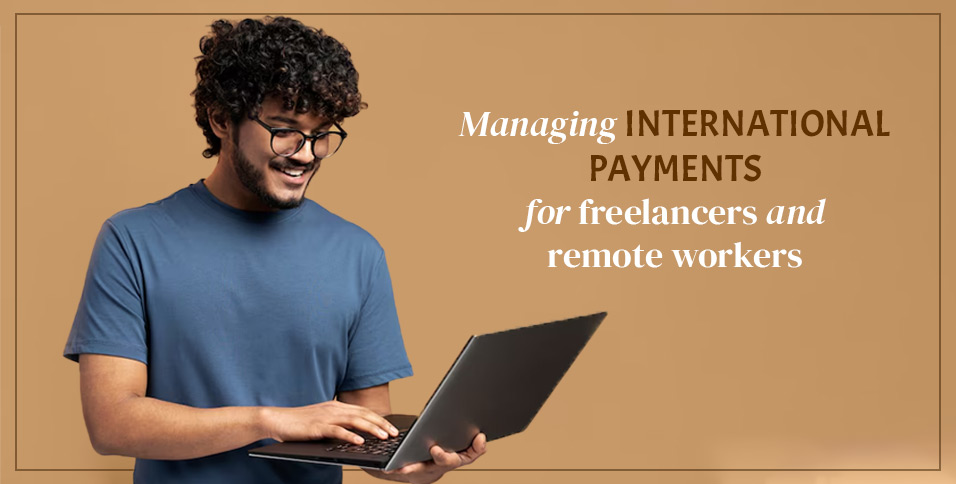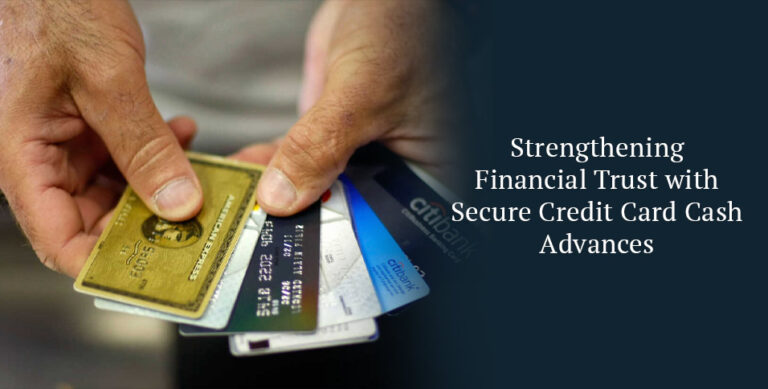More and more SME businesses nowadays turn to remote talent from around the world – something that’s traditionally been reserved for multinational companies. For lots, out of necessity. A lot of benefits but also challenges come with it, one of them being grasping the ins and outs of international payments.
With topics such as currency fluctuations and tax issues, it’s easy to feel overwhelmed when getting started, so here are the essentials businesses need to know when working with talent across different countries.
What are the challenges?
Freelancers and remote workers often encounter unique hurdles when it comes to cross-border payments; currency swings to tax complications at the forefront.
Currency fluctuations are one of the biggest headaches in international payments. Exchange rates can shift a lot over time, which can mess with the value of your payments. To manage this, you might want to try hedging – meaning you’re using financial tools to shield against bad shifts. You could also ask your talent if they can be invoiced in a stable currency, such as the US dollar. Leveraging currency exchange services that offer good rates for conversion should also be a standard.
Tax issues can also get pretty complicated. Businesses need to make sure they’re following both local and foreign tax rules – not an easy endeavour. Some key things to keep in mind are the tax residency and knowing the details of agreements that prevent double taxation. Make sure you follow the rules for withholding taxes in different places.
As things can get difficult really quick, it’s a good idea to consult with tax professionals to help you sort through those complexities and stay compliant with all laws.
What’s the best payment method?
How you pay makes a difference as well. Picking a method that suits you will make international payments smooth and secure. The most popular choices are the traditional wire transfers, which can end up slow and prices, cryptocurrencies, still new but decentralised and the fastest way – and payment platforms. Those online services offer convenient ways to transfer money overseas and often save you money in the process.
Take a good look at fees and processing times, but also put an emphasis on security features of different methods to find the best fit.
How safe and secure is it?
That being said, protecting yourself from fraud is important when making international payments. You can reduce your risk by verifying the identities of freelances and remote workers. Make sure they are who they say they are. Use secure payment gateways and platforms that can offer encryption and strong security features. Clearly outline payment terms in your contracts and how disputes will be handled if they should occur.
Also Read: Crypto Regulations Around The World Latest Update














